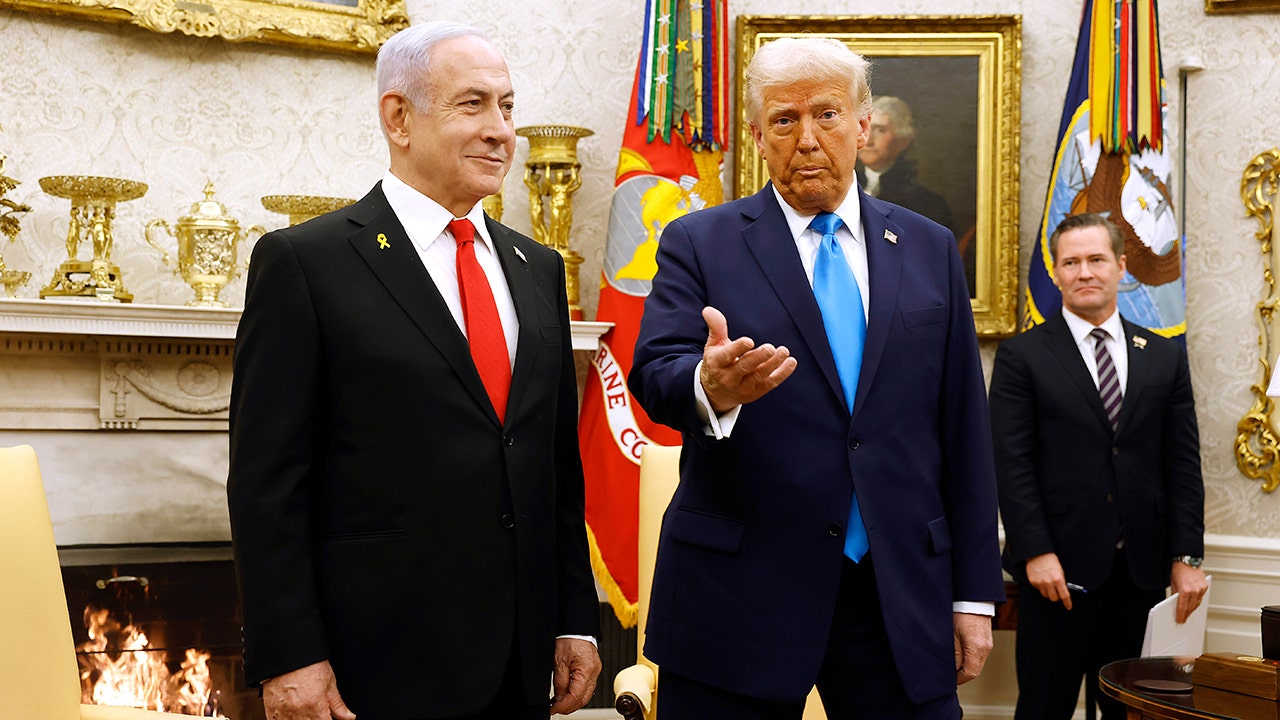Netanyahu nominates Trump for Nobel Peace Prize during White House meeting

President Donald Trump has been nominated for the Nobel Peace Prize by Israeli Prime Minister Benjamin Netanyahu. The announcement came after the two leaders met at the White House to discuss developments in the Middle East.
During a press conference, Netanyahu praised Trump for his leadership and efforts in promoting peace and security. He highlighted the success of the Abraham Accords and the ongoing peace negotiations in the region. In a gesture of appreciation, Netanyahu presented Trump with a letter that he had sent to the Nobel Prize Committee, nominating him for the prestigious award.
Trump, who was surprised by the nomination, graciously accepted the letter and thanked Netanyahu for his support. The president acknowledged the hard work of his team and expressed his commitment to continuing to pursue peace in the region.
The meeting between Trump and Netanyahu comes at a crucial time, as tensions in the Middle East remain high. The two leaders discussed ways to leverage military support and diplomatic efforts to address the challenges facing the region. The White House meeting was seen as a significant step towards strengthening the relationship between the U.S. and Israel.
The nomination of Trump for the Nobel Peace Prize has garnered attention from around the world. Many supporters of the president and admirers of his foreign policy initiatives have applauded the decision. If Trump were to win the award, it would be a significant achievement for his administration and a testament to his efforts in promoting peace and stability in the region.
In conclusion, the nomination of President Trump for the Nobel Peace Prize by Prime Minister Netanyahu underscores the importance of diplomacy and cooperation in addressing global challenges. The meeting between the two leaders marks a positive step towards enhancing peace and security in the Middle East. As the world watches closely, the outcome of this nomination could have far-reaching implications for the future of international relations.




